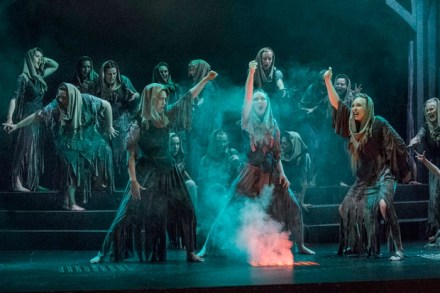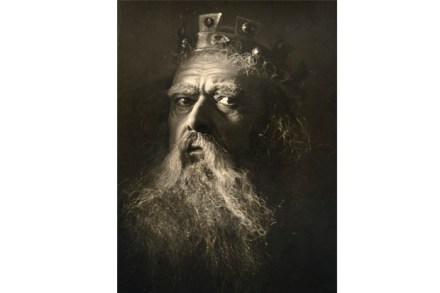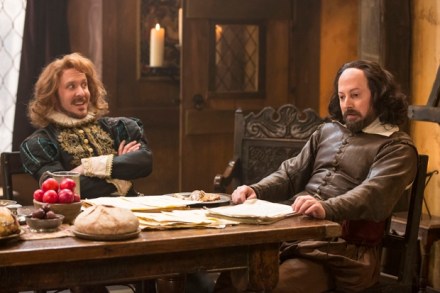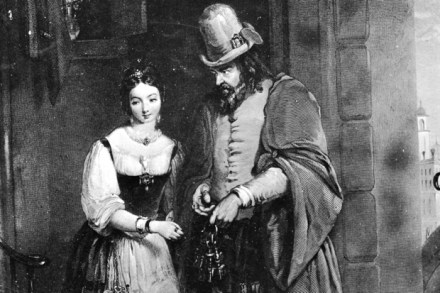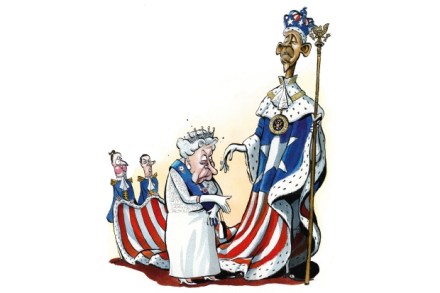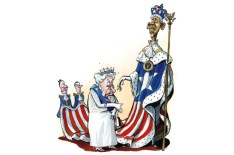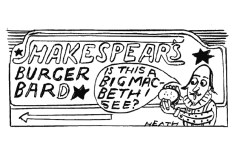Dorset’s winning formula
Dorset Opera seems to receive far less coverage than the rest of the country-house summer shows, although it is in most respects well up to the standard of any of them except Glyndebourne, which is in a category, social and artistic, of its own. The Dorset productions take place in the Coade Theatre of Bryanston School, and are the result of a brief but what must be an incredibly intense period of preparation, with some big names in the major roles, and the smaller parts and chorus taken by a large collection of young singers who are strenuously trained for the week-long rehearsals. I like going on the last day,
